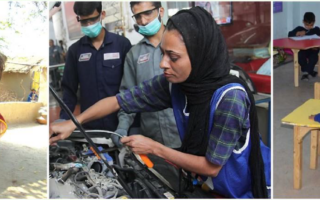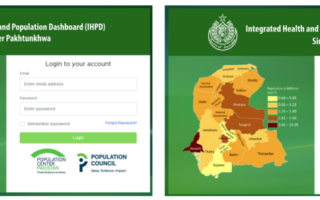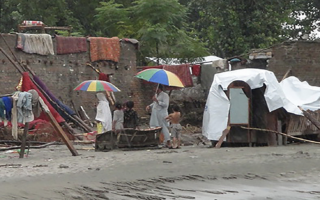The Population Council has been conducting operations research in Pakistan since 1957 and established a permanent office in Islamabad in 1991. The Council’s work focuses on improving and expanding access to reproductive healthcare; advising government officials on best practices for improving policies; highlighting population issues; promoting capacity-building among healthcare facilities that offer family planning services; and providing research-based technical assistance. Throughout the years, the Council has developed close links with public and private sector health service providers in all provinces of Pakistan.
While its enduring contribution has been through research, the Council’s legacy in Pakistan can also be seen in the institutions it has helped establish: population research centers in four provinces; the Punjab Population Innovation Fund; the Population Association of Pakistan; and the Council’s local affiliate, Population Center Pakistan. The Council has also set up Masters in population sciences programs in four universities of Pakistan.
In 2008, the Council launched a five-year project called Family Advancement for Life and Health (FALAH). By working in 20 underserved districts, the project increased knowledge and practice of effective birth spacing practices and advocated for greater access to family planning services. In collaboration with UNFPA, the Council published Capturing the Demographic Dividend in Pakistan, which highlighted the economic arguments for investing in a faster fertility decline. It also released a study on postabortion care in Pakistan, which documents the large numbers of women who face complications resulting from unsafe abortions and recommends policy and programmatic solutions.
The Population Council in Pakistan took the lead in the formulation of the new national narrative on population which was one of the key recommendations of the Council of Common Interests (CCI) on managing alarming population growth. The new narrative, based on the concept of ‘Tawazun’ or balance, has rebranded family planning in Pakistan in consonance with a rights-based approach to voluntary planning and the Islamic ethos of moderation. It has been approved and adopted by federal and provincial governments and civil society organizations.



